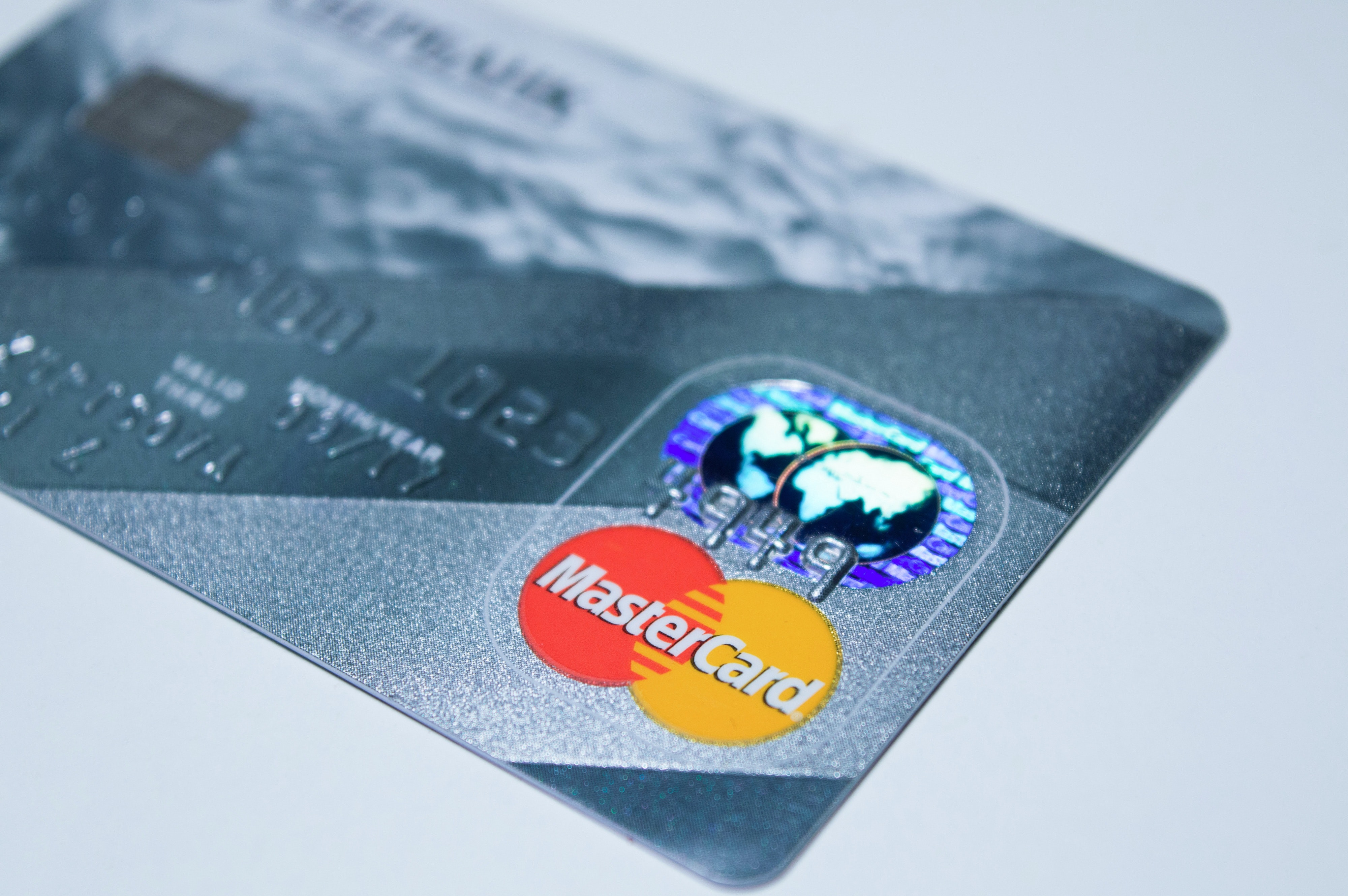It’s not an ideal situation. You might be a business owner considering applying for a loan, but...

When securing a business line of credit, you will be able to borrow money without pre-approval. However, not all business lines of credit are the same. There are two types which are secured and unsecured line of credit. Prior to applying, you need to be aware of the advantages and disadvantages of both. Deciding on a secured or unsecured line of credit depends on your business which we will discuss more of this later on in this post.
The Details of Secured Lines of Credit
Secured lines of credit are less risky for lenders, which translates to more favorable terms. With a secured line of credit, the business owner needs to provide a valuable asset to lien risks.
A secured line of credit refers to using collateral to “secure” the loan. The collateral can be seized in the case of a default. The lender will put a lien on the collateral and acquire it legally if you fail to make payments. They can then sell the collateral to recoup losses. As such, secured lines of credit are lower risk for lenders, and thus the interest rates and fees are normally more affordable.
Many of the most common types of loans are secured. For example, a house mortgage is secured with the house itself. If the borrower does not make the mortgage payments, the bank can seize the home and evict the borrowers.
Advantages of a Secured Line of Credit
- Generally able to secure a high line of credit
- Interest rates are more affordable
- Easier for people with average/poor credit scores to secure
Disadvantages of a Secured Line of Credit
- Needs valuable assets to use as collateral
- Higher lines of credit increase risk of being buried in debt
- Higher risks for borrowers that do not pay
While some borrowers prefer secured lines of credit, it is important to remember that you are exposing your business or other assets to a lot of risks. You should review carefully the terms and understand the contract prior to signing.
The Details of Unsecured Lines of Credit
An unsecured line of credit is not backed by collateral which means the lender must assume a high level of risk. If the borrower stops making payments, the lender has fewer options for recovering losses. The lender will have legal recourse. They can hire a debt collector or try to sue the borrower in court.
Advantages of an Unsecured Lines of Credit
- Risks for recipients are lower, as the creditor cannot place a lien on property.
- No collateral requirements need to met
- Unsecured lines of credit have no end date
Disadvantages of Unsecured Lines of Credit
- Interest rates and fees are high
- Amount borrowed is low
- Unsecured lines of credit are hard to obtain
The most important factor with unsecured lines of credit is that the risks are higher for the lender. Your credit score, business’s cash flow, and other factors will be more scrutinized. The open-ended nature of unsecured lines of credit makes them valuable to business owners who are worried that they might face cash crunches.
The Bottom Line
You need to first understand your business’s situation so that you know if you should open an unsecured or a secured line of credit. If you need open-ended credit in case of future needs, and unsecured line of credit is great to have. Even if you do not use the credit, it can bring peach of mind knowing that it is available.
If you are looking to invest in specific projects, such as buying new equipment, securing the credit may make more sense. Before you apply, make sure you understand the differences between both lines of credit so you know which option is best for you.



